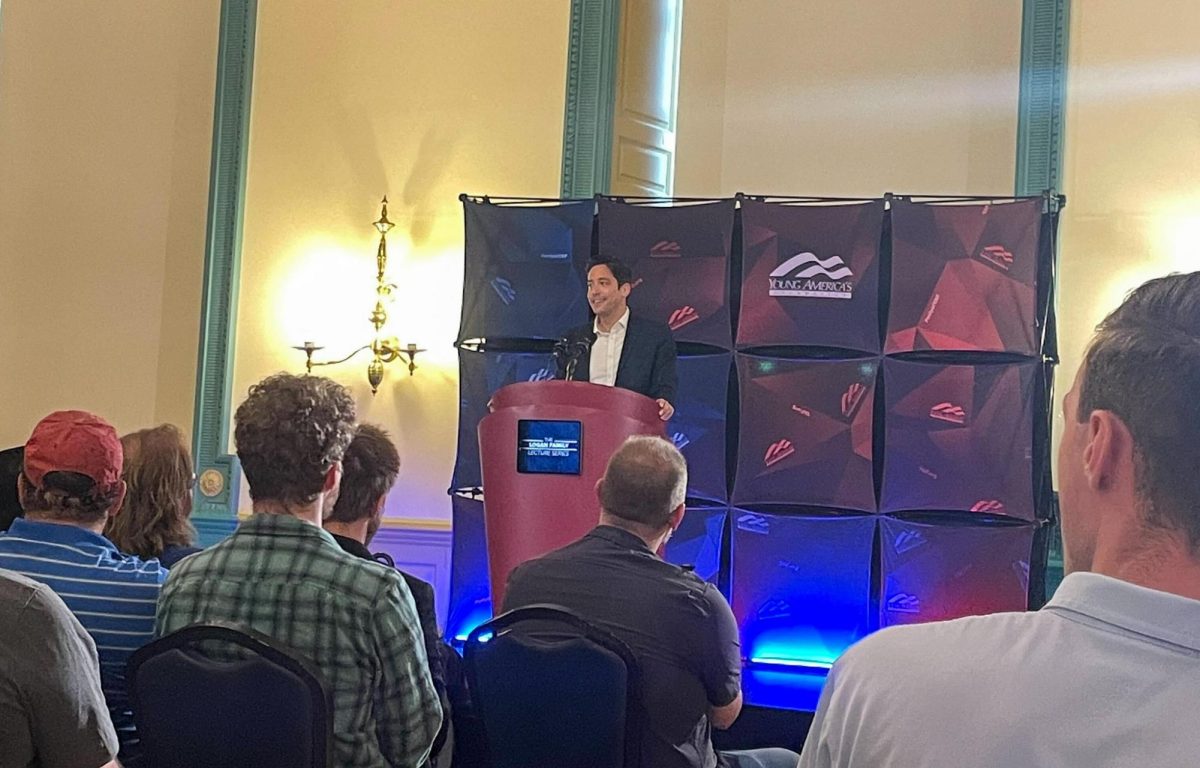Legislators are working to file a bill that would force criminals to pay a fee to keep the Police Training Institute running.
State Rep. Naomi Jakobsson, D-103, said the fee is a basic $25 fee that criminals in the court system will be forced to pay. The fee would then go toward funding the Police Training Institute, or PTI, the Illinois Law Enforcement Alarm System, or ILEAS, and the Illinois Law Enforcement State Training and Standards Board.
“The goal of this (bill) is to make sure that PTI can remain here at the U of I,” Jakobsson said. “It’s already a place where many, many mayors want to send their officers for training, and we want to keep that high standard that PTI is known for.”
The bill has yet to come out of the House Rules Committee, though, Jakobsson said. State Rep. Chapin Rose, R-110, and Jakobsson are working on getting the bill to the floor.
Rose had proposed an earlier bill last February, but it never left committee. He said there aren’t many differences between the original and current bills.
Get The Daily Illini in your inbox!
One key change would be the inclusion of ILEAS, the state’s emergency response team, which Chapin said is in need of more funding. The other major change is that it will clarify unclear legislation that left the training and standards board and PTI in confusion over roles and authority.
This year, lawmakers are hopeful that it will pass. Jakobsson said she believes the bill’s inclusion of ILEAS and the training and standards board could give it the necessary momentum to move on to the floor.
“I think with the funding being divided between those three entities, all in need of being benefited by (this bill), I think it has a very good possibility (of being passed),” she said.
State Rep. Barbara Flynn Currie, D-94, chairperson of the rules committee, said although the committee has yet to look over this particular bill, she believes it will move forward.
Michael Schlosser, associate director of the PTI, said the key element in proving a brighter future for the PTI lies in research. In addition to the many services the institute provides, it will now work with more colleges at the University. Schlosser said the vision the PTI has of its future is to one day become a nationally recognized center for research, in addition to training, in the field of law enforcement.
Originally, the PTI was scheduled to close its doors in December 2011. Schlosser said the main thing that has kept the institute running in the meantime is the large amount of support it received from legislators and client agencies.
“When we first announced PTI might close, the phones were ringing off the hook,” Schlosser said. “We were getting calls from all the client agencies and departments like, ‘Hey, we heard you guys might close. You’re our preferred academy. What can we do to help?’”
Local legislators, he said, also went to the University’s Board of Trustees, asking it to delay the PTI’s closure while they attempted to solve the situation.
If the bill passes, Schlosser said it should generate enough revenue to keep funding the PTI for a long time. He said Barbara O’Connor, former chief of the University police, had already taken the necessary actions to lower the annual budget, with relatively no effect on the quality or quantity of the PTI’s service.









